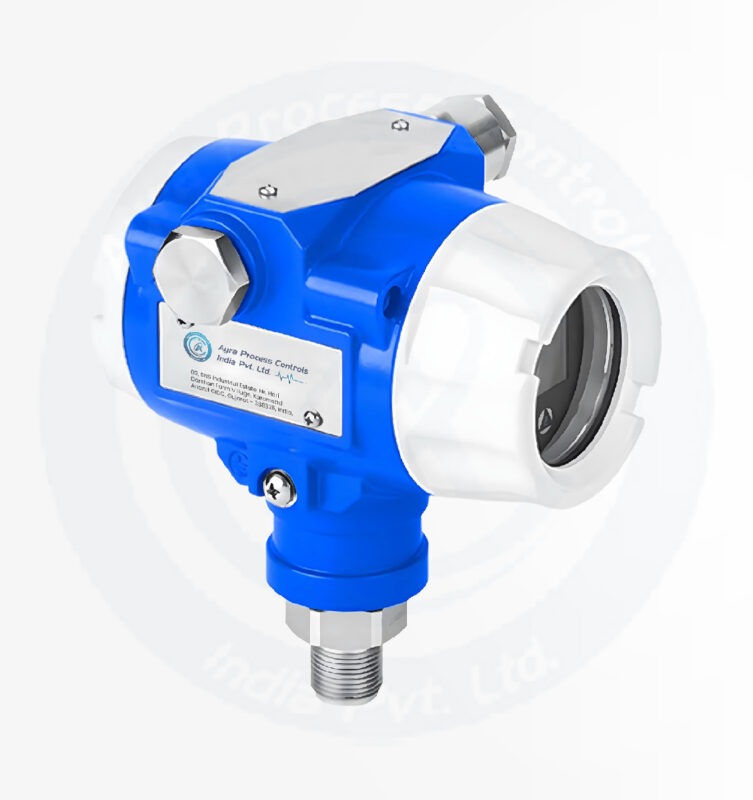| Product Code : |
APC-TT-TT089 |
|---|
Temperature Transmitter
The Temperature Transmitter is a precision instrument that converts temperature signals from a sensor, such as a thermocouple or RTD, into a standardized output signal (usually 4-20 mA). This ensures accurate and reliable temperature monitoring and control across industrial processes. It is ideal for industries like chemical processing, oil and gas, pharmaceuticals, and power generation, where precise temperature management is critical.
Specification | Details |
|---|---|
Temperature Range | -200°C to +850°C |
Output Signal | 4-20 mA (standard) |
Probe Length | Customizes |
Connection | Screwed |
Features
- High Accuracy: Ensures precise temperature signal conversion with minimal error.
- Standardized Output: 4-20 mA or HART protocol for seamless integration with control systems.
- Compact Design: Lightweight and easy to install in tight spaces.
- Wide Input Compatibility: Supports RTD, thermocouple, or other temperature sensors.
- Durable Construction: Resistant to vibration, shock, and harsh environments.
- Temperature Compensation: Provides stable performance across varying ambient temperatures.
Applications
- Chemical Processing: Temperature monitoring in reactors, heat exchangers, and pipelines.
- Oil & Gas: Temperature control in drilling rigs, pipelines, and refineries.
- Pharmaceuticals: Maintaining precise temperatures in production and storage.
- Food & Beverage: Monitoring critical temperature points during processing.
- Power Plants: Boiler and turbine temperature management.
- Water Treatment: Controlling temperatures in treatment processes.
- High Accuracy: Ensures precise temperature signal conversion with minimal error.
- Standardized Output: 4-20 mA or HART protocol for seamless integration with control systems.
- Compact Design: Lightweight and easy to install in tight spaces.
- Wide Input Compatibility: Supports RTD, thermocouple, or other temperature sensors.
- Durable Construction: Resistant to vibration, shock, and harsh environments.
- Temperature Compensation: Provides stable performance across varying ambient temperatures.
- Chemical Processing: Temperature monitoring in reactors, heat exchangers, and pipelines.
- Oil & Gas: Temperature control in drilling rigs, pipelines, and refineries.
- Pharmaceuticals: Maintaining precise temperatures in production and storage.
- Food & Beverage: Monitoring critical temperature points during processing.
- Power Plants: Boiler and turbine temperature management.
- Water Treatment: Controlling temperatures in treatment processes.


